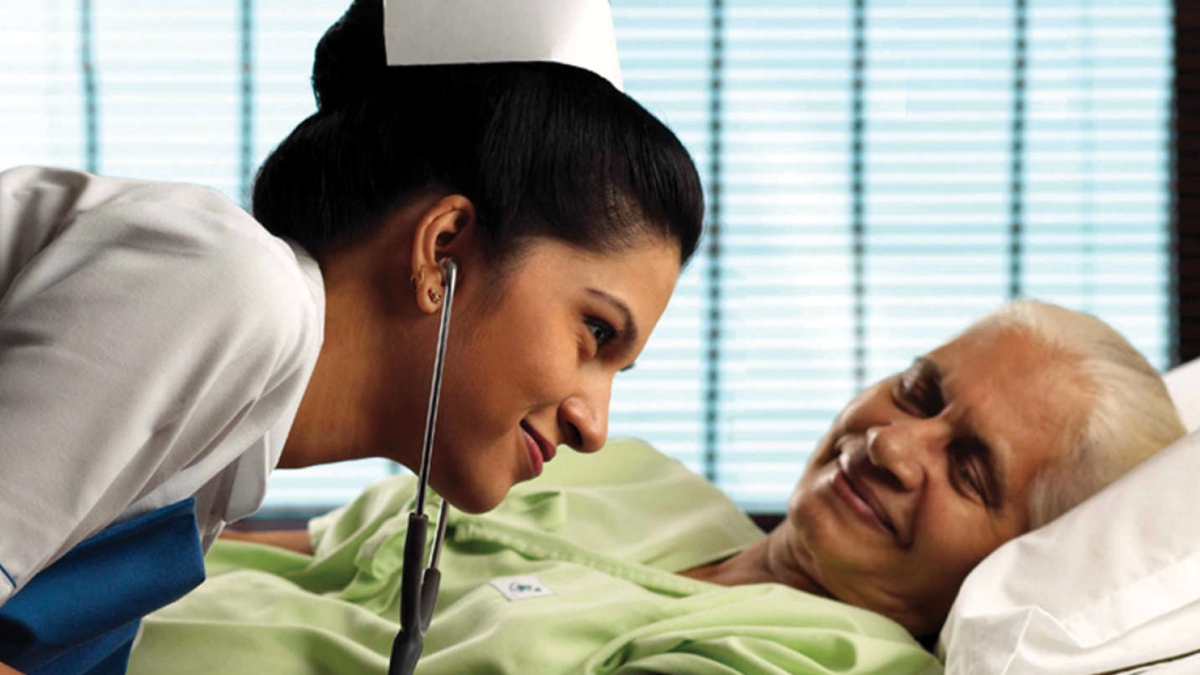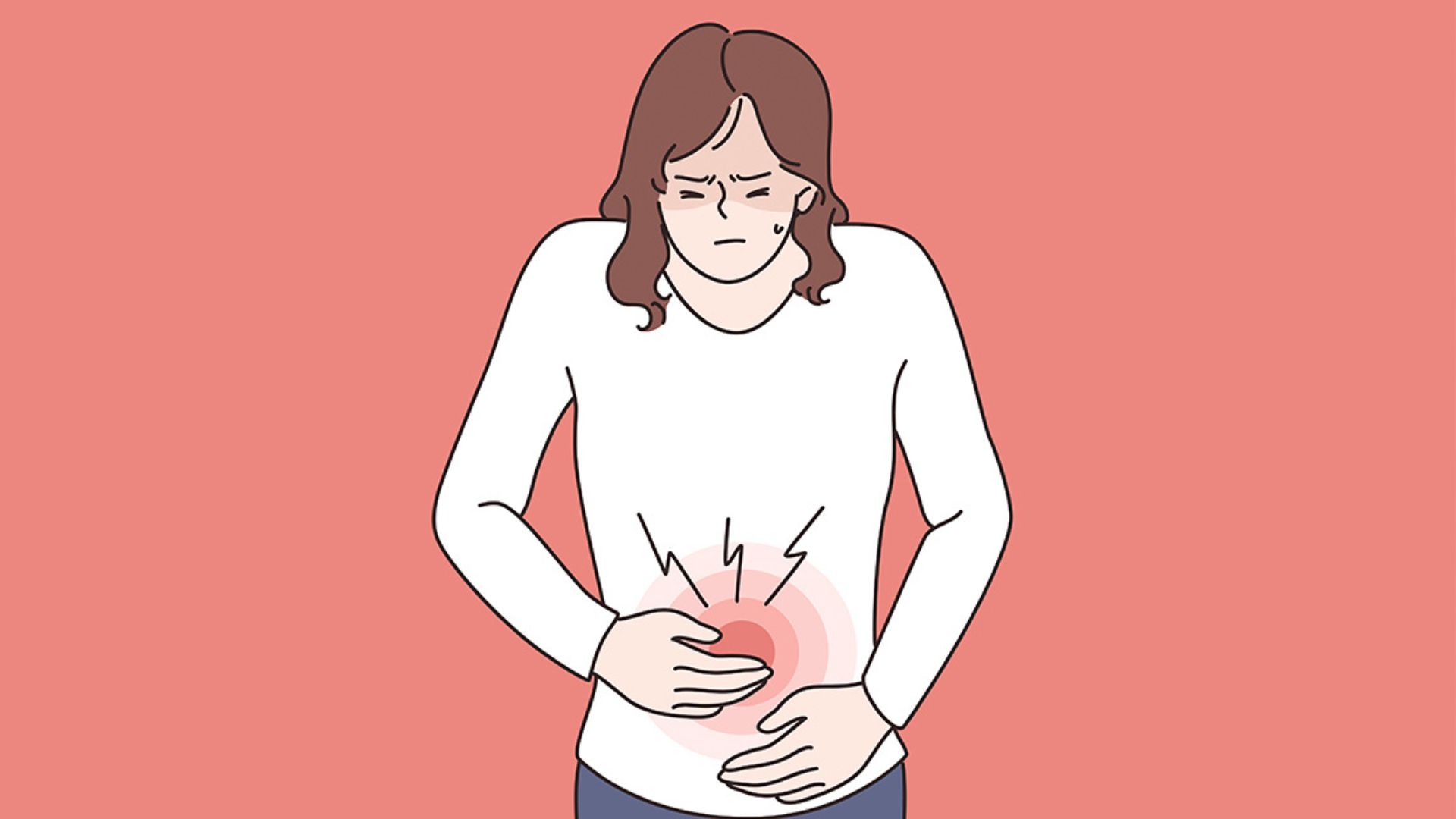Before the existence of home care, patients used to go to private clinics, primary, secondary, and tertiary care hospitals for all their medical needs. But the question here is where do patients go after the tertiary hospital? Patients who need postoperative care or have medical needs have no option but to stay at the hospital till they get better. Gradually, the focus started shifting towards the holistic care and wellness of the patients since most of them need specialised care after hospitalisation to recover completely. The boom of home care started then and there and led to various home care/transition centres being established.
So what exactly is postoperative care? Postoperative care is the care given to a patient after they have undergone a surgical procedure. It starts immediately after the surgery and continues till the patient is fully recovered. The first step in postoperative care is to decide the objective. Once that is decided, the next step is to devise the treatment plan. The type of care treatment plan depends upon the patient’s surgery. However, the key components include regular vitals monitoring, input/output monitoring, postoperative surgical wound management, mobilisation and physiotherapy, and pain management. Postoperative care not only helps in reducing the risk of post-surgery illness but also helps the patient regain control over personal aspects of life.
The concept of transition care is prevalent in European and US markets and is even included in their insurance plans. It is a 34 billion dollar market in the US and is ever-growing. However, the concept is still at a nascent stage in India. But that means it has huge market potential in the country. Approximately 250Mn patients are admitted to hospitals each year with about 40% treatments in the top 10 Indian cities. Even with a low adoption rate of 1% to 2%, we still have a Rs 10,000 crore market size. Fueled by rising income, an increase in non-local patients, better awareness, and increased demand for quality healthcare, this concept is bound to grow by leaps and bounds soon. Adding to it is the Government of India’s mandate to increase healthcare spending to 3% of the Gross Domestic Product (GDP) by 2022.
The current Covid wave has shaken the entire world, with the healthcare sector being challenged and cornered. While the hospitals are doing their best to contain the pandemic, it is not enough owing to the large masses of the population affected by the infamous virus. To avoid the structure from collapsing, we need supportive branches of healthcare around a hospital and that is where transition centres can help in taking off the load from our overworked medical professionals.
Postoperative care has broadly two options: either to be admitted in a hospital or to set up a hospital-like facility at home. Both these options have their own set of major constraints. A long-term hospital stay can be both mentally and financially draining. On the other hand, keeping a patient at home requires critical care equipment, skilled medical professionals and trained helpers. Added to this is the increase in the chances of infection, lack of immediate assistance coupled with emotional and physical stress for the family.
This is where a transition care centre like Porvoo acts as the perfect solution. It is a transition point between a home and a hospital, where patient care can be administered with utmost efficiency and compassion, in a home-like environment. Equipped with the latest medical equipment and a team of critical care specialist doctors and nurses, Porvoo Transition Centre is capable of delivering fast and effective recovery to patients with any kind of ailments.
The writer is Director- Operations, Porvoo Transition Care.
To avoid the structure from collapsing, we need supportive branches of healthcare around a hospital and that is where transition centres can help in taking off the load from our overworked medical professionals.













